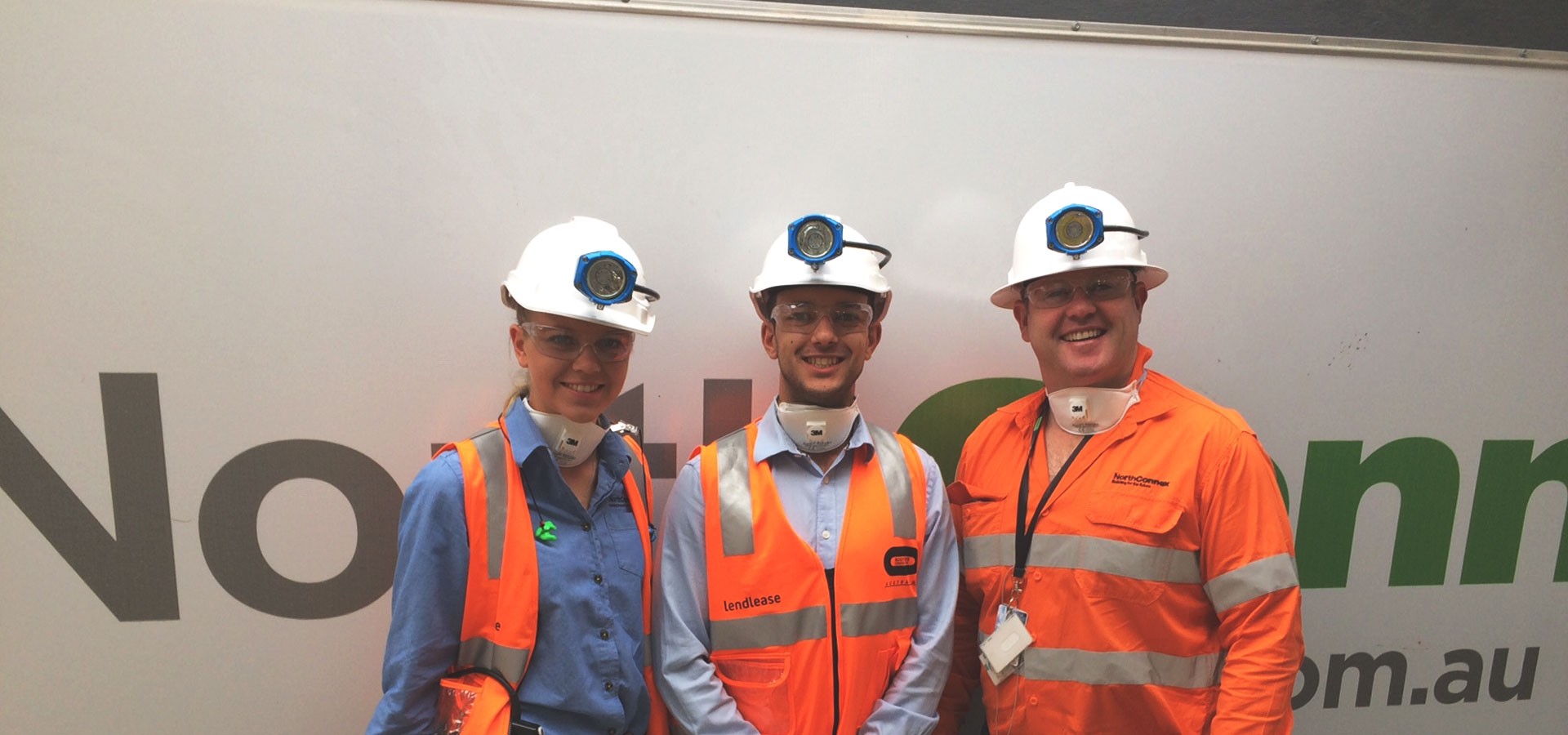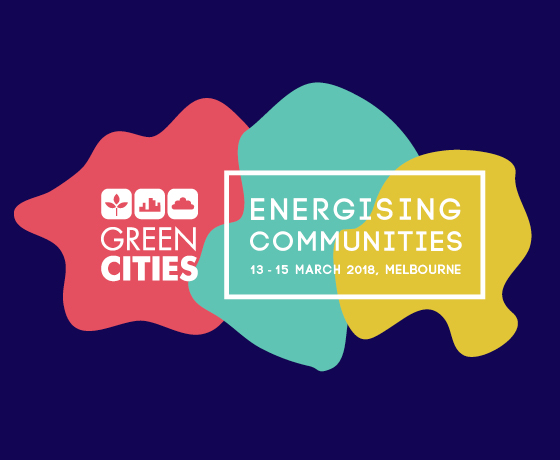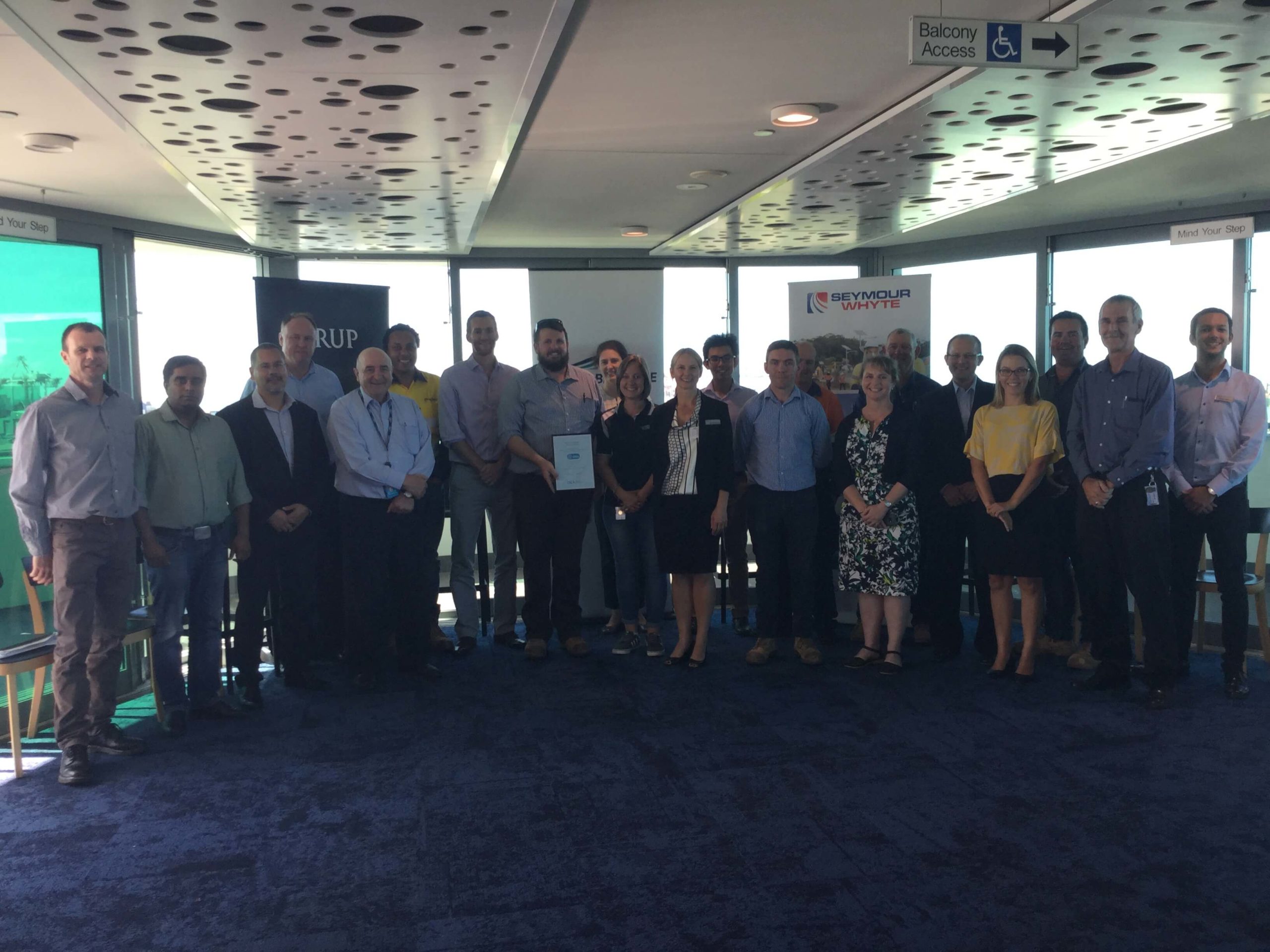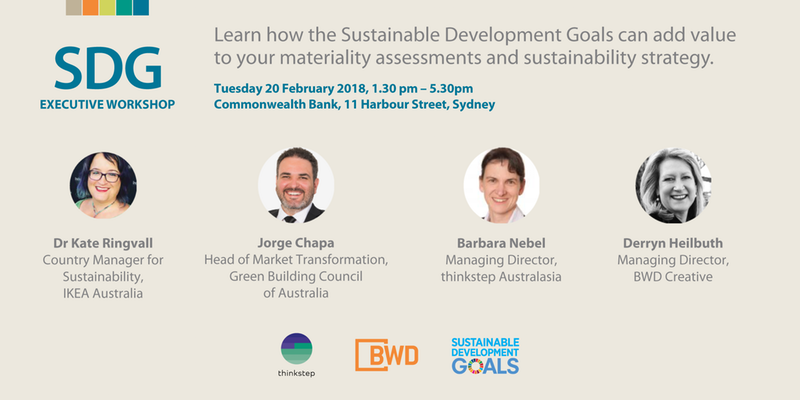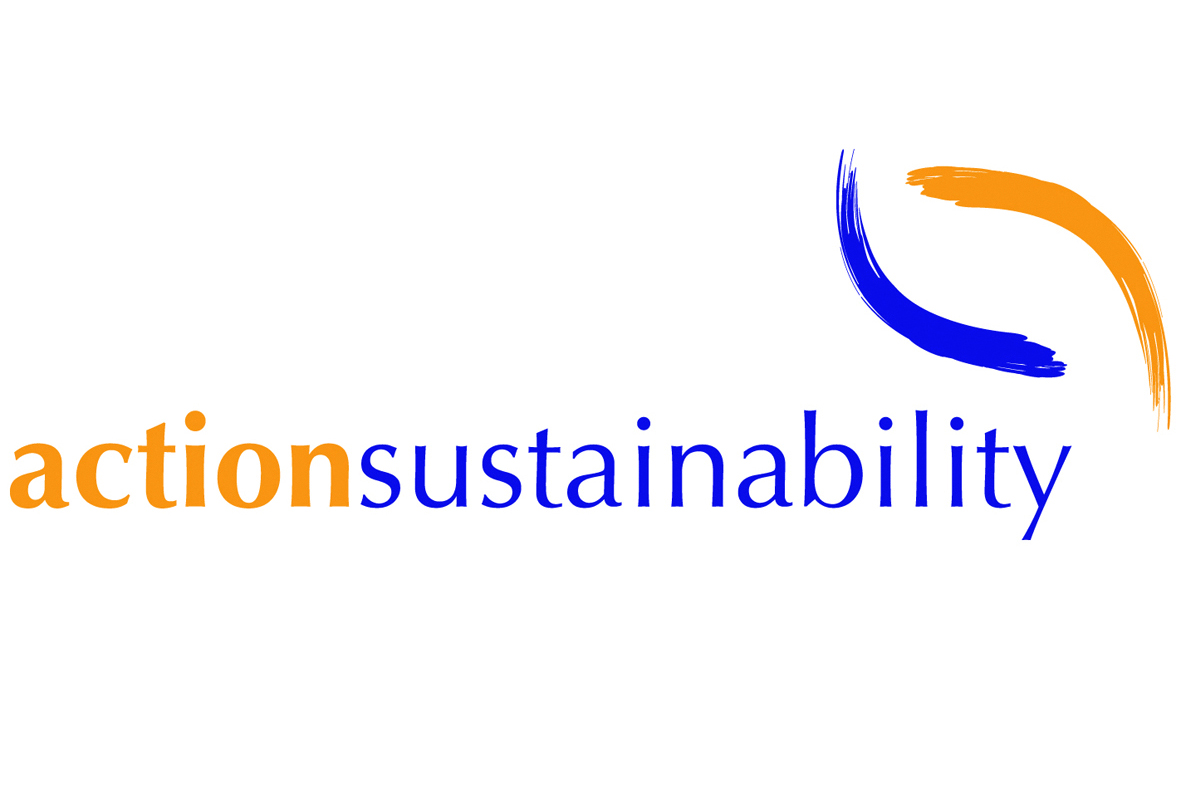Green Cities 2018
We often treat green infrastructure as a cost, rather than an opportunity to improve our cities, says AECOM’s technical director Roger Swinbourne. But it’s time to see the forest for the trees.
Swinbourne is the co-author of Green Infrastructure: A vital step to Brilliant Australian cities, and will be speaking at Green Cities in Melbourne on 14 March.
“As our cities grow, there is intense pressure on how we use our land. Essential infrastructure takes precedence over green infrastructure, despite green infrastructure providing huge benefits,” Swinbourne says.
AECOM’s research showed benefits across the health spectrum – respiratory, obesity, mental and heat stress among them – as well as energy efficiency, water quality, infrastructure durability and biodiversity.
The financial benefits are also compelling. AECOM’s research, which zeroed in on three Sydney suburbs, found there was a positive trend between canopy cover and land value. The research revealed that, where there was a 10 per cent difference in net leaf canopy coverage, property prices were on average $50,000 higher.
But Swinbourne says Australian regulations and business models don’t encourage transport authorities, energy companies, water authorities, councils, developers and residents to recognise street trees for their full social, environmental and economic value to society.
“One of the biggest challenges we see is that the bulk of the costs of managing trees in the streets and parks sit with agencies and councils and are clearly accounted for, while the benefits sit with the broader community but are not well accounted for or understood. The benefits aren’t accounted for on the same ledger as the costs.”
Swinbourne points to the growing body of evidence that trees enhance the health and wellbeing of citizens. One study, for example, estimated that doubling the leaf canopy in Melbourne would cut heat-related deaths by around a quarter.
“I think, subconsciously, we feel more comfortable in tree-lined streets and the property value differential is a mix of conscious and subconscious appreciation of this value.”
Despite the benefits, concerns about, land take, safety, infrastructure conflict, and maintenance costs often trump investment in green infrastructure.
Swinbourne says there is a “disconnect” between society’s “green goals” and the regulations and business models for many of the agencies governing green infrastructure. Part of the solution is a more integrated valuation model for street trees and a shared valuation approach that enables better policy and accountability of the value and the costs.
“We need to start talking about green infrastructure, not about landscaping and trees. We need to look at it as a separate infrastructure class – and to understand the costs and benefits the way we do other infrastructure classes.”
AECOM’s report argues that a greener environment and greater development aren’t in conflict. Carefully-planned green infrastructure supports development by making projects more appealing to residents and businesses. Carefully-planned green infrastructure can also be designed to optimise the value and minimise the costs and risks.
“There are real opportunities for property owners to boost the value of their investment beyond the walls of their own asset,” Swinbourne adds.
“We often hear the mantra ‘buy the worst house in the best street’. What defines the best street? It is usually defined by the trees and public domain.”
“If you are focusing on maximising value, then it’s hard to look past the humble street tree.”
Book your ticket to Green Cities 2018. www.greencities.org.au

